About us
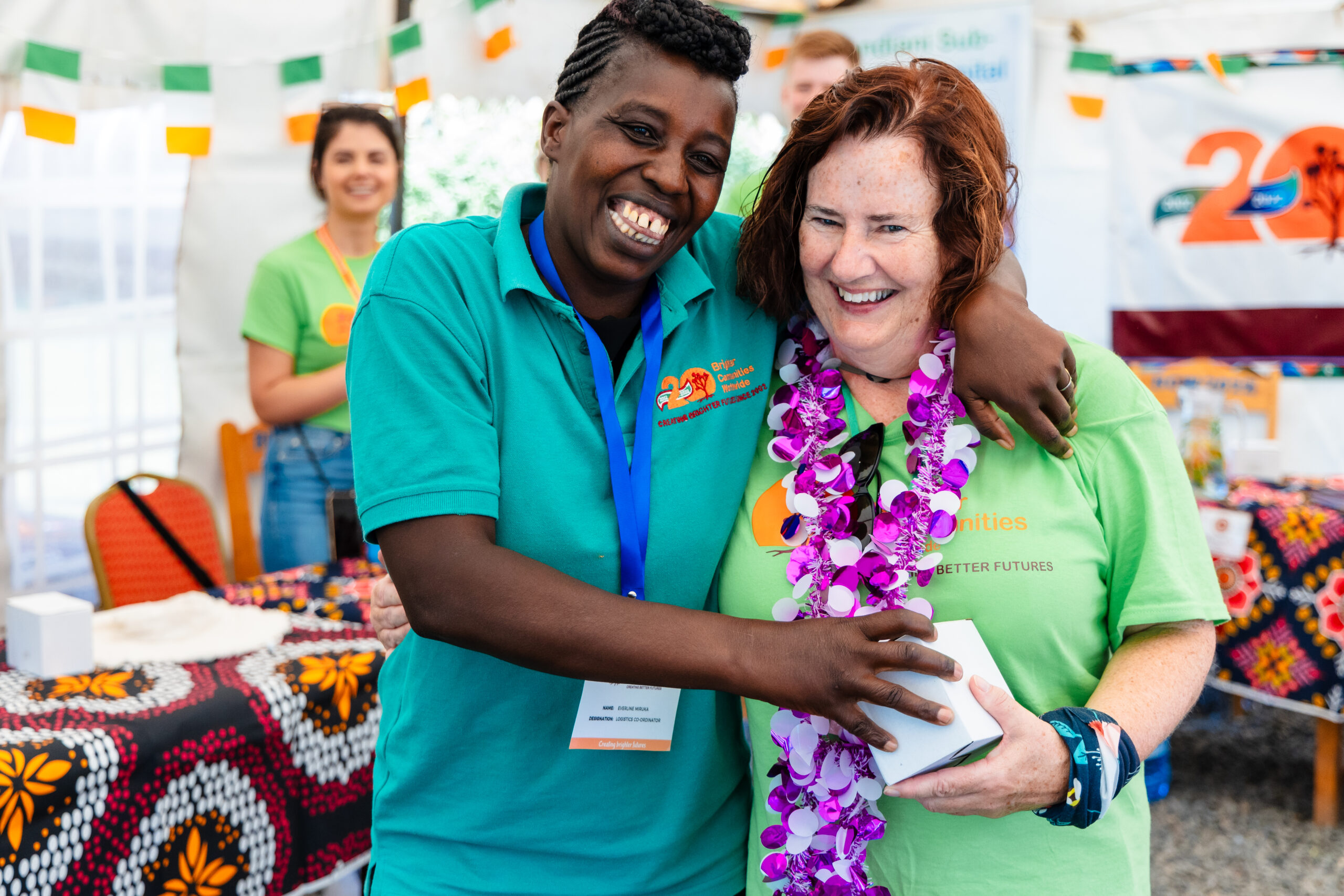

 Access to essential health services, a supply of clean, safe water and good sanitation
Access to essential health services, a supply of clean, safe water and good sanitation Education to equip people with knowledge and confidence to achieve a productive and fulfilling life
Education to equip people with knowledge and confidence to achieve a productive and fulfilling life The skills and ability to generate an income that can sustain a family
The skills and ability to generate an income that can sustain a familyA world where strong, healthy communities can thrive, building sustainable livelihoods, and brighter futures.
To work in partnership to build resilience, enrich lives and help create equitable and sustainable futures for individuals and their communities.
Our values underpin everything we do, every decision we make and also help communicate the way we work and how we do things.
Our programmes are community driven and designed to put local actors in the lead, strengthen local systems and respond to needs identified by communities themselves. We believe that local actors are best placed to drive decisions on their own development.
We are committed to the highest standards of accountability and transparency in all aspects of our work.
We seek to promote human rights, equality and inclusion in all that we do, prioritising the weakest and most marginalised across our work.
We are committed to fostering volunteerism in all areas of our work, as a strategy to drive sustainable change and to foster global citizenship.
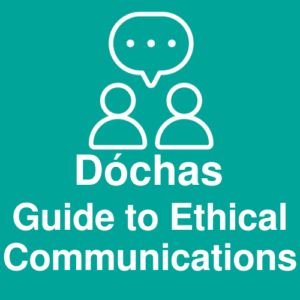
There are four commitments we aim to adhere to:
Girls and women undertake the bulk of unpaid work such as care-giving and household tasks like collecting water and wood. They don’t have access to essential services like reproductive health, education and maternal, neonatal and child health. Even basic essentials to manage their menstrual health are not available to them meaning they miss out on school or work every month. They are more likely to be subjected to physical, sexual or emotional violence ranging from female genital mutilation/cutting (FGM/C) to unwilling prostitution, to violence in the home and the practice of early marriage is still common. COVID-19 has increased vulnerability to all of these issues as the community struggles to survive against rising prices and poor health. There are more mouths to feed as family members are forced home from the cities due to job losses, adding extra pressure.
Access to healthcare is a huge challenge – 48.8% of the population are more than 5km from a health centre and the terrain is difficult over many hills with limited roads and transport is often not available. COVID-19 vaccine supplies are slow arriving in Kenya as transmission of the virus continues. Other infectious diseases include HIV/AIDs (3.5% of the population are HIV positive); TB – the rate is 127 per 100,000 people; and malaria, which is widespread, with children under one years of age most vulnerable as only 13% sleep under a malaria net.
Health systems are stretched beyond their capacity and COVID-19 has pushed systems beyond even that as scarce resources were diverted from other parts of the system. There are a total of 136 health facilities in the county, one referral hospital and the county has 2,084 health professionals of different cadre.
Although we’re proud of how far we’ve come, there is still so far to go in achieving equality in the community. Kericho is a predominantly rural county in Northwest Kenya, with a population of almost one million people. In recent years, global and national events – such as Covid-19, regional food insecurity, spiralling food and fuel prices, road trauma and natural disasters – have made life very challenging.
Founded in 2002 as Friends of Londiani, Brighter Communities Worldwide works in East Africa in partnership with a locally-led organisation of the same name in Kenya. Since our inception, we have expanded and developed our programmes and now work across Kericho County in Kenya with a population of almost 1 million and are currently expanding into other East African regions.
The charity was the happy result of an unhappy incident. In August 2000, an Irish tourist, Maria Kidney, was mugged on the streets of Nairobi. She sought refuge in the Kenyan Girl Guides’ Headquarters. There she heard about the Kenyan Girl Guides’ work with various communities, and was inspired.
In August 2002 20 adult leaders from the Irish Girl Guides and the Guide Association, Province of Ulster, travelled to Londiani. The result of the visit was a community service project. It involved organising activities for children in Bethel Children‘s Home and running a Lifeskills Peer Education course for a group of local women in conjunction with members of the Kenyan Girl Guides.
From the success of this project, the charity Friends of Londiani was formed, later changing our name to Brighter Communities Worldwide to reflect our greater scope and ambitions.
2002